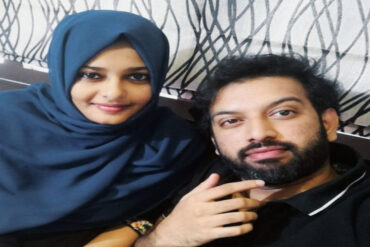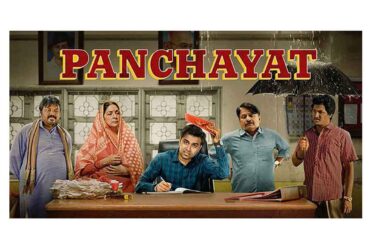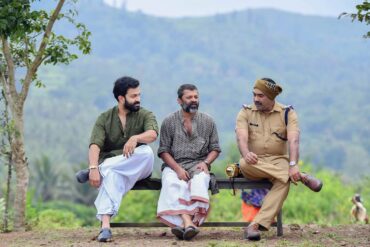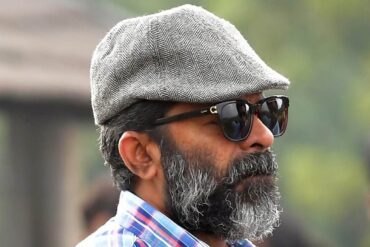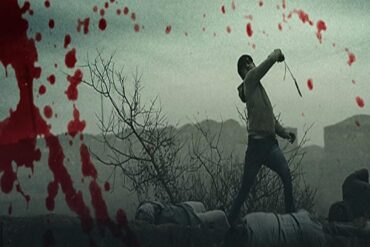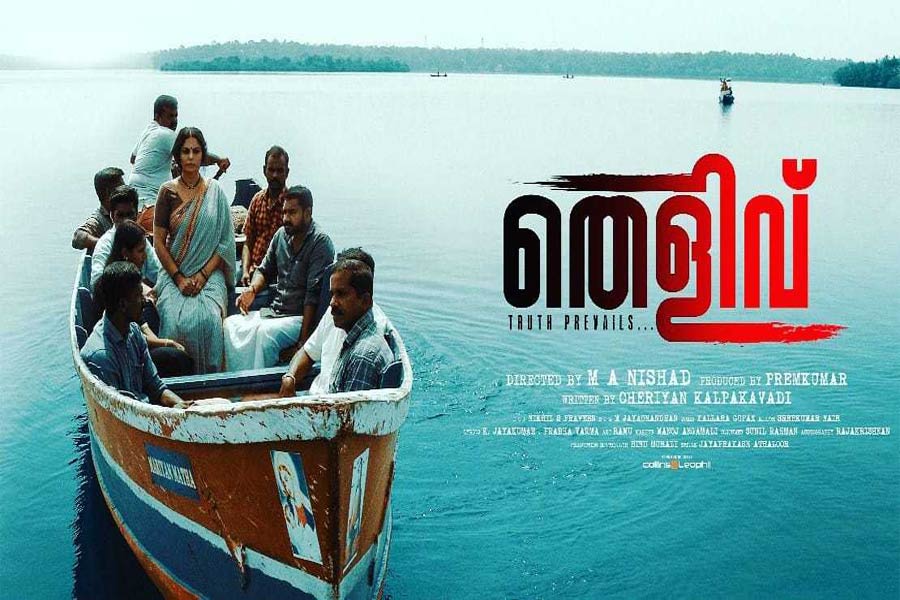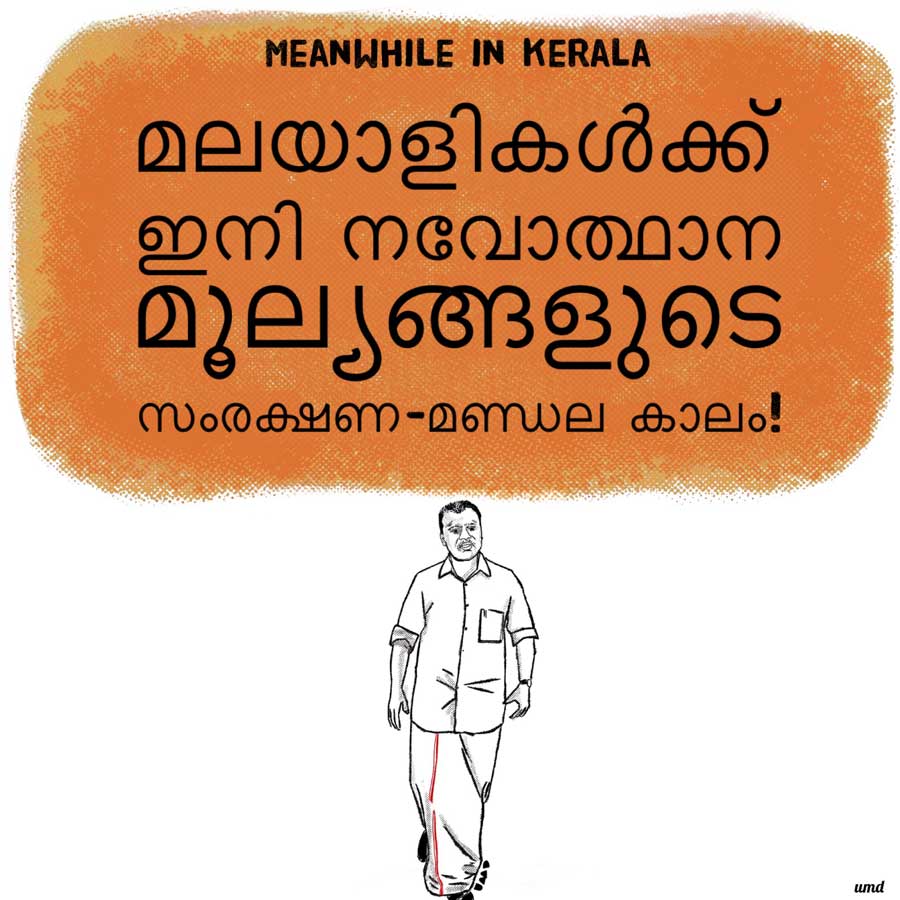The biggest reason for watching Thelivu was Cheriyan Kalpakavadi—the writer who gave us classics like Sarvakalashala and Lal Salam in combination with Venu Nagavalli, acclaimed films like Ulladakkam, Pakshe, Aardram, Sakshyam and a gem of a comedy in Minnaram, in the late 80s and 90s. But, of late, his writing has been wanting and the films he had been associated with were mediocre at best. Going for Thelivu was hoping against hope.
Though just under 120 minutes, sitting through M A Nishad’s latest felt like an unending ordeal. For starters, the director seems confused about the genre. It starts off as an investigative thriller, which becomes a family drama post interval and finally, a film with a socio-political message. It ends up being to none of these. The anachronistic narrative just adds to the confusion.
The story revolves around Gowri (Asha Sharath), who is on the run from the police after killing a lecherous local feudal lord and her employer at the orphanage, to apparently save a girl. They are helped by a Good Samaritan played by Nedumudi Venu. Though her husband Khalid (Lal) takes the blame and surrenders, he is killed by the dead man’s son and his cronies. Gowri struggles to raise her daughter, who, along with others, live on Munroe Thuruth—the island—which plays a major role in the film.
Gowri’s daughter has never known her father. One fine morning, when a man appears at Gowri’s doorstep, her daughter assumes him to be her father. The man with a secret, he adds more complications to Gowri’s life.
The director was able to rope in a plethora of good actors but it’s a pity he has not made the best use of them. There is nothing remarkable about the technical side: editing is haphazard and camera crew made use of drones with no significant effect. M Jayachandran’s uninspired background score was another sore aspect.
The writer and director have wandered aimlessly throughout the film. It seems they tried to stretch a subject fit for a fifteen- minute short film into a full-length drama.

